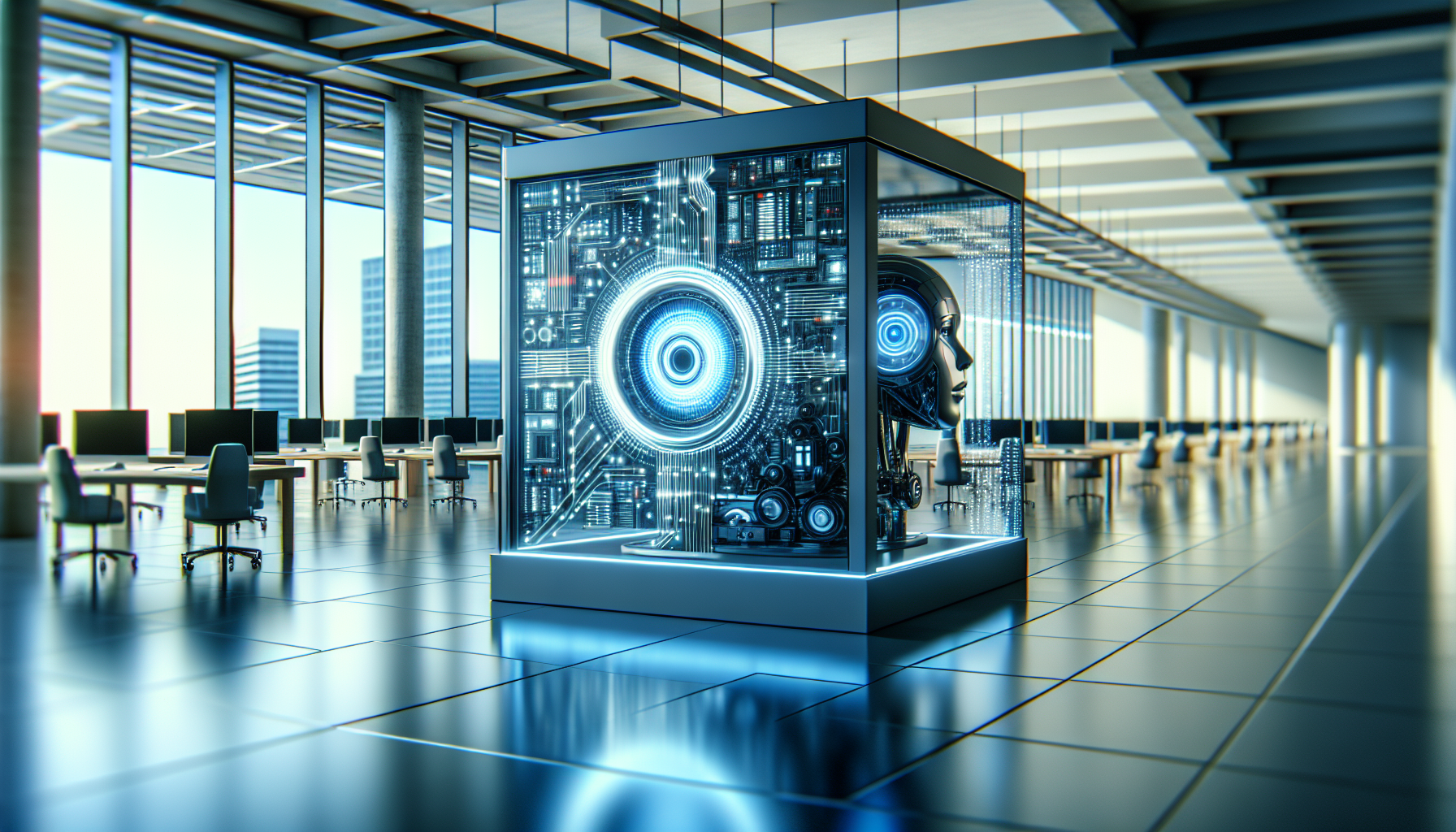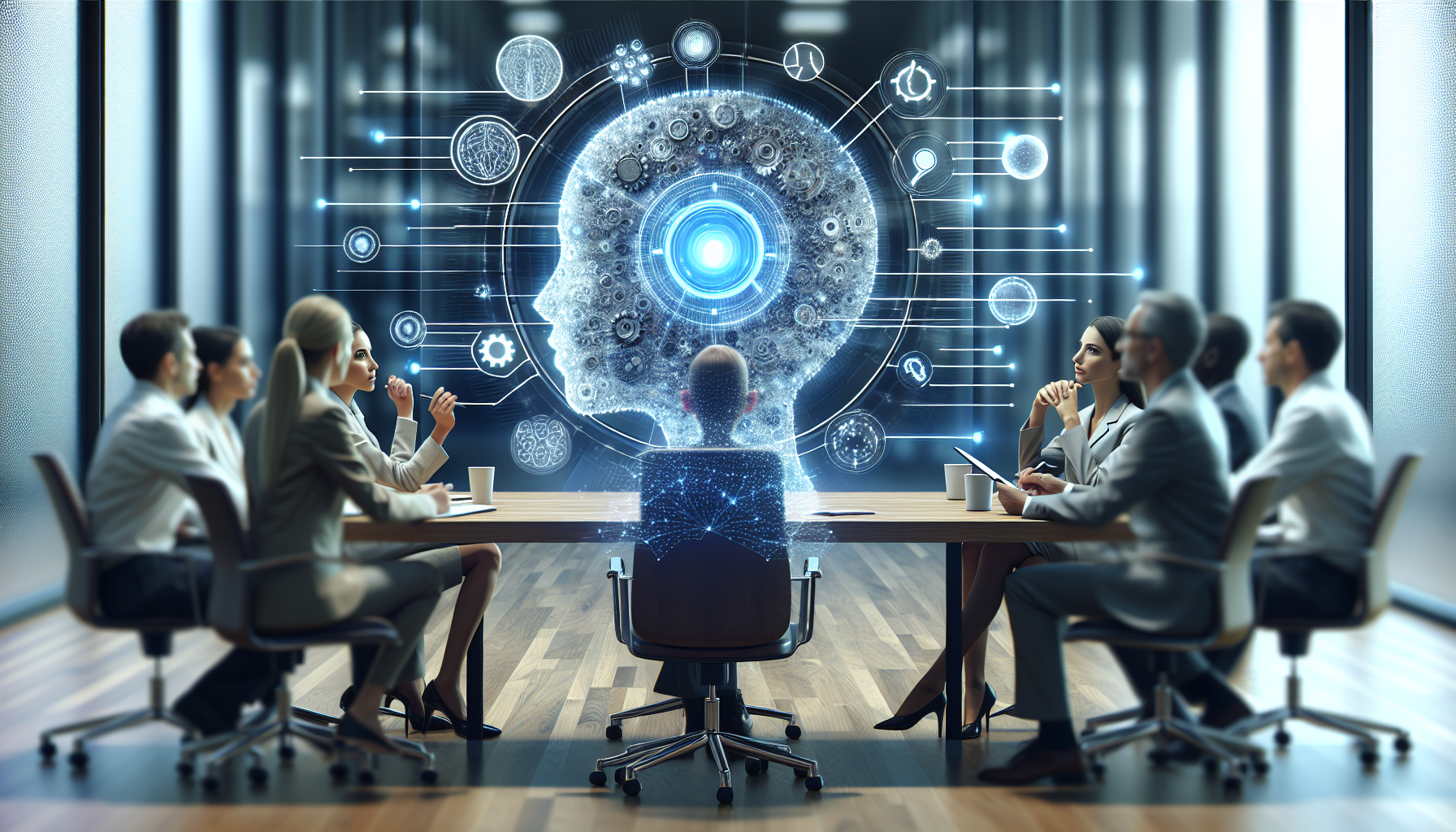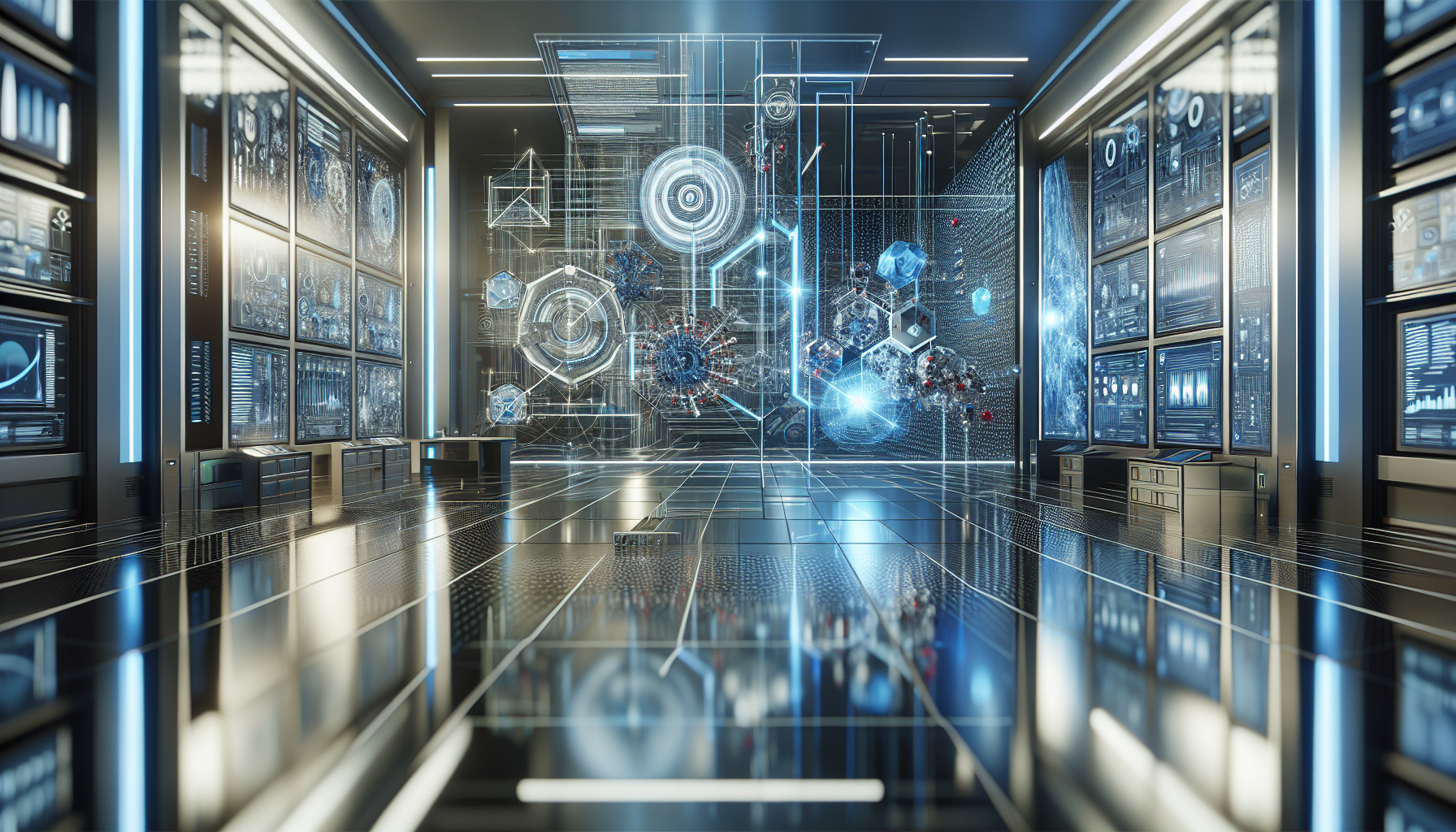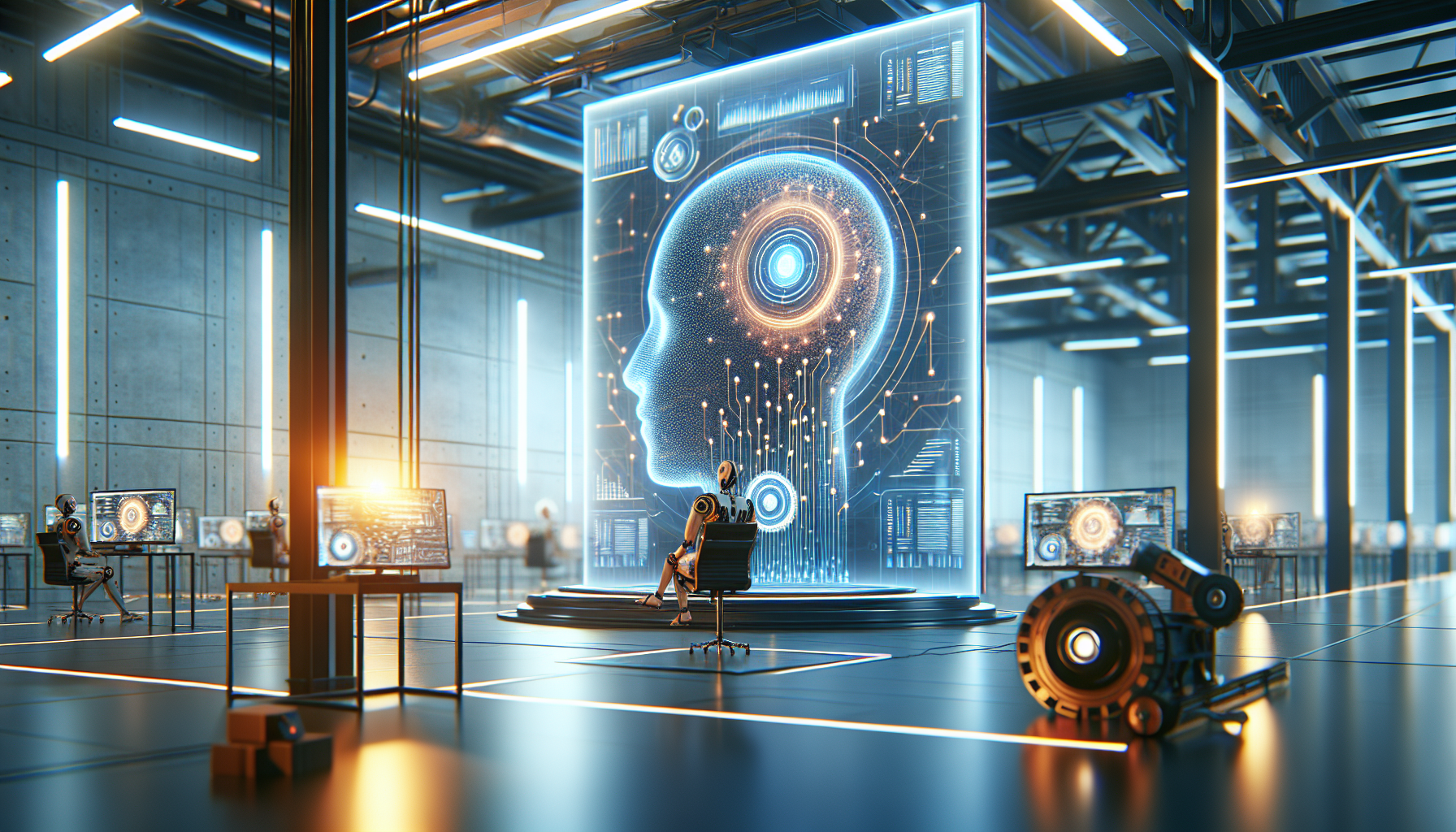
AI for Social Good: Transforming Communities and Addressing Global Challenges
November 12, 2025
Imagine a world where technology doesn't just serve the interests of businesses or entertainment but actively tackles some of humanity's most pressing issues. This isn't a far-off dream—it's happening now, thanks to artificial intelligence. AI for social good is becoming a powerful tool in addressing global challenges, and one of the most inspiring examples comes from a small community project that's making big waves.
In the lush, vibrant landscapes of a rural community, something extraordinary is unfolding. What was once a region plagued by agricultural inefficiencies and poverty has become a beacon of sustainable development, all thanks to AI. Meet the people behind this transformation—a group of passionate individuals who saw potential where others only saw problems.
Let's delve into their story. The community, heavily reliant on agriculture, faced significant challenges: unpredictable weather patterns, soil degradation, and limited access to markets. These issues routinely trapped farmers in cycles of poverty. Enter AI, the unassuming hero of this narrative. Leveraging data and machine learning, a local non-profit partnered with technology experts to create an AI-driven platform that revolutionized farming practices in the area.
This platform collects data from various sources, including satellite imagery and local weather stations, to provide farmers with precise, real-time insights. Imagine farmers receiving a text alert on their phones suggesting the optimal time to plant their seeds or the best day to harvest. It's like having a personal agricultural expert in your pocket, guiding each step based on solid data.
The results have been astounding. Crop yields have increased dramatically, not just because the farmers have better information, but because they can now make decisions that were once fraught with uncertainty. It's not just about more food; it's about better food security for the community, leading to improved nutrition and health outcomes.
But the impact of AI doesn't stop at agriculture. Another inspiring story comes from the healthcare sector, where AI is playing a pivotal role in providing access to medical services in underserved regions. In areas with limited healthcare infrastructure, AI-powered diagnostic tools are bridging the gap. These tools analyze medical images and data to assist healthcare workers in diagnosing diseases, from tuberculosis to malaria, with remarkable accuracy.
Consider the case of a remote village clinic previously lacking in specialized equipment and expertise. Now, with the help of AI, a basic smartphone equipped with diagnostic software can act as a mini-clinic, offering insights that were previously only available in urban hospitals. This means earlier detection of health issues, timely treatment, and ultimately, saving lives.
AI for social good isn't just about technology—it's about people. It's about the creative ways communities harness the power of AI to solve problems that matter to them. It's about collaboration between technologists and local leaders who understand the unique challenges their communities face. And it's about the empowerment that comes when people are given the tools to improve their own lives.
Of course, no conversation about AI is complete without addressing the ethical considerations. There's a delicate balance in ensuring these technologies are used responsibly, respecting privacy and preventing biases that can arise in algorithmic decision-making. The key lies in transparency and inclusivity, involving the very communities these technologies aim to serve in the design and implementation process.
So, what's next for AI in this domain? The possibilities seem endless. From tackling climate change by optimizing energy consumption to enhancing education through personalized learning experiences, AI holds the promise of unlocking solutions that were previously unimaginable.
As we consider the future, one question remains: How can we ensure that AI continues to be a force for good, accessible to all, and not just a privileged few? Perhaps the answer lies in stories like these, where AI is not just a tool but a catalyst for change, driven by the needs and aspirations of those it serves.
In the end, AI for social good is about more than just technology—it's about reimagining what's possible when humanity and technology come together to build a better world. What new stories will we tell as AI continues to evolve, and how will it shape the future of communities around the globe? The narrative is still being written, and it invites each of us to play a part.


